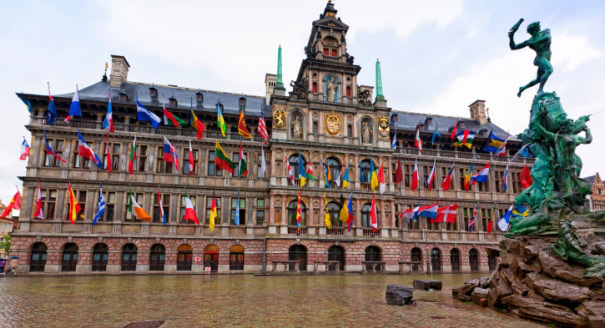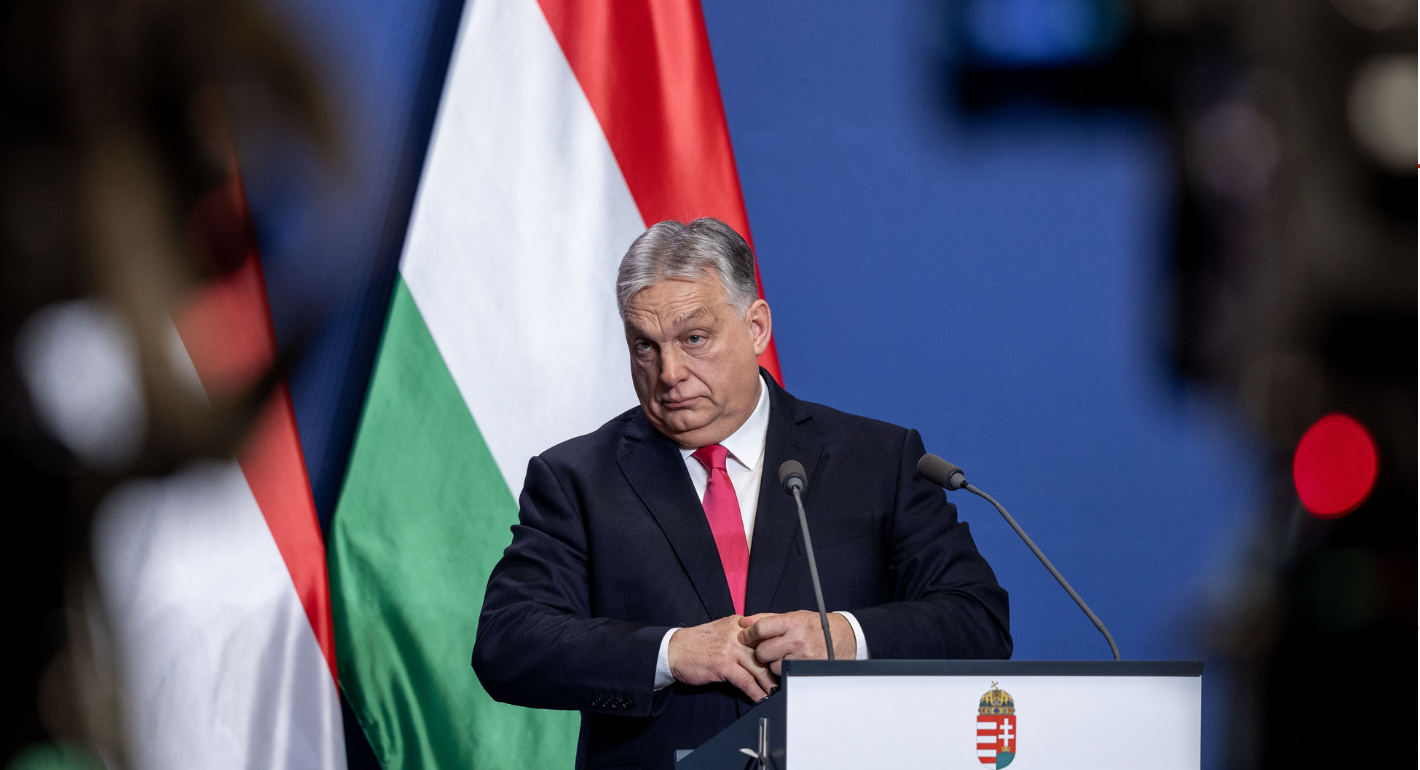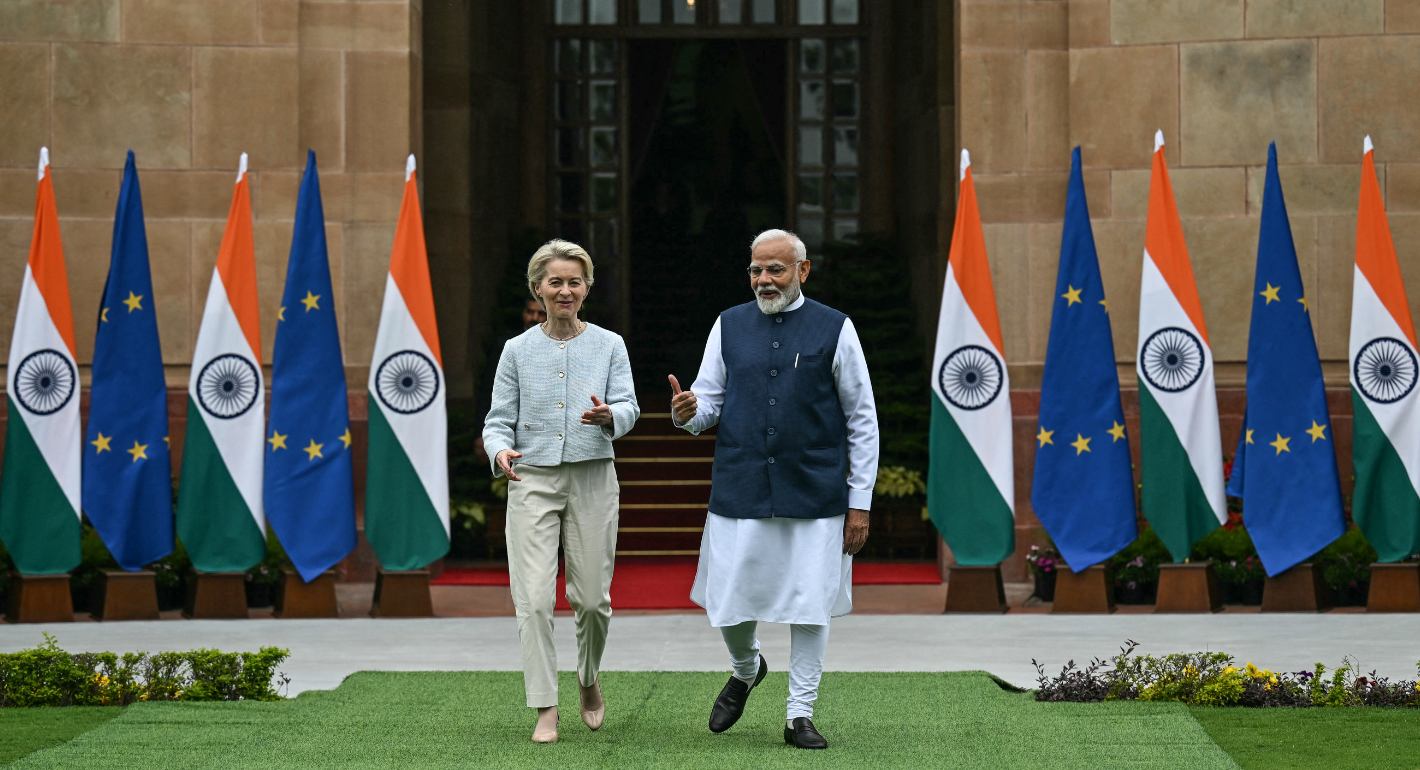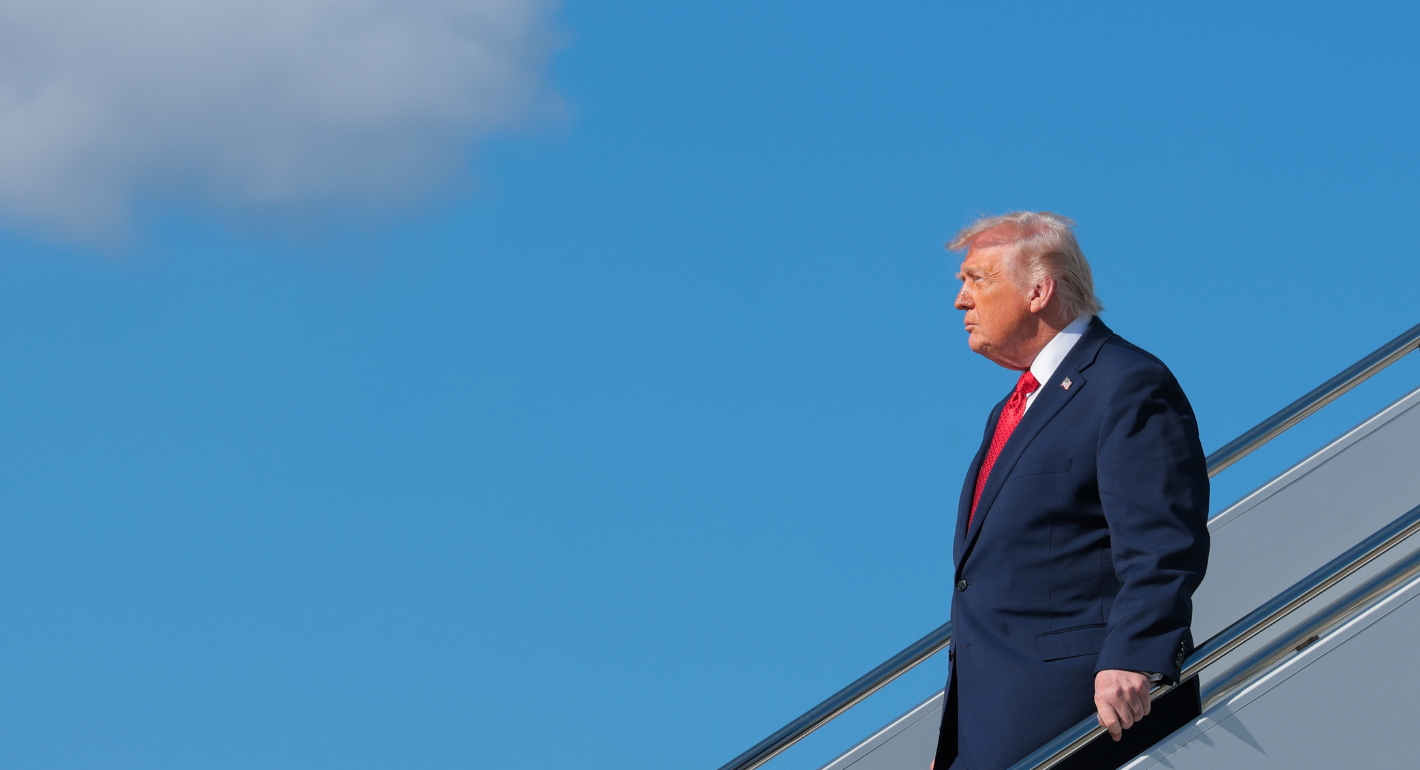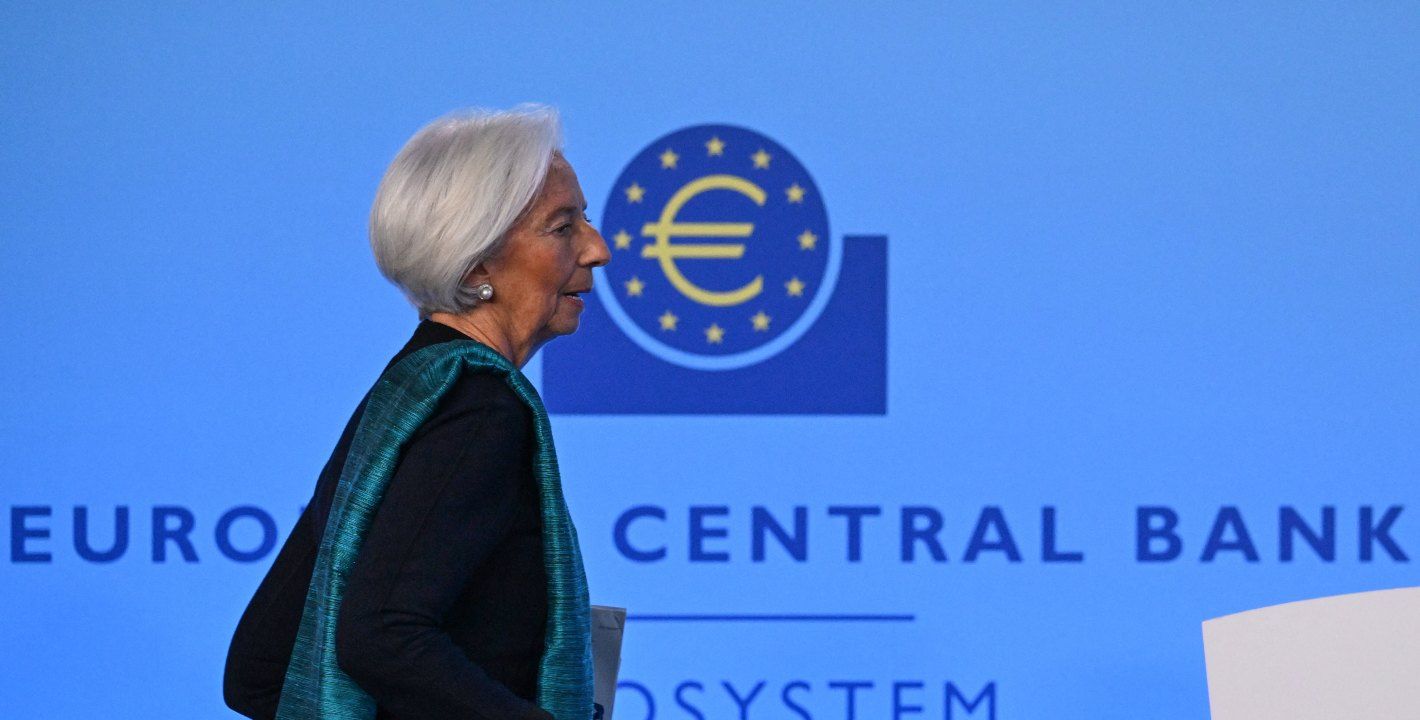The debate took me back just over a decade to a meeting I convened of 24 mayors representing municipalities in eastern Kosovo, southern Serbia, and northern Macedonia. These areas had been part of the same state, more or less, for five hundred years but found themselves cut off from one another after the sudden imposition of new borders.
All 24 officials were keen to participate in a project that would see them establish partnerships in business, the media, and education to sustain the close links they had previously enjoyed. Among the mayors were Albanians, Serbs, Macedonians, and even two Bulgarians.
The doors closed behind us, and we embarked on the first session. The first thing I did was to brace myself for what I assumed would be a long procedural wrangle about which language to use. But as soon as the session opened, one of the Albanians piped up, “Okay, we all speak Serbian, don’t we? Let’s stick with that!” Problem solved immediately.
As I worked with the mayors over many months, I began to see how different they are from national politicians. Most lacked the ideological or nationalist posturing that was de rigueur in most of the former Yugoslavia.
The mayors’ primary focus was on getting things done: making traffic signals work; ensuring that a hospital ward had its electricity reconnected; persuading outsiders to invest in their constituency; or finding the money to employ a librarian.
My bible at the time was a book called Fighting the Mafia and Renewing Sicilian Culture by the then mayor of Palermo, Leoluca Orlando. Together with a number of other notable Sicilians, Orlando had demonstrated how concerted civil cooperation—often with little support, if not active hindrance, from central government—was able to throttle the mighty Mafia following the murders of two investigative magistrates, Giovanni Falcone and Paolo Borsellino.
Earlier this month, I was able to renew my acquaintance with Signor Orlando, one of Europe’s most courageous and successful politicians, who does not receive anything like the recognition he deserves. We had both been invited by Eberhard van der Laan, mayor of Amsterdam, to a remarkable meeting at the city council chamber. This was the third (and, I think, final) planning session for a global parliament of mayors.
The co-host and creator of this idea is Benjamin Barber, an eminent U.S. political scientist and author. In his book If Mayors Ruled the World: Dysfunctional Nations, Rising Cities, Barber points out that cities have been growing at a ferocious rate over the past hundred years. In Europe and Latin America, over two-thirds of people now live in cities—and it will not be long before four-fifths of the world’s entire population will be urban dwellers. Some cities are already huge agglomerations whose budgets far exceed those of many countries.
As a consequence, Barber argues, city politics are often much more important for residents than those of the nation-state. And because so much mayoral responsibility includes the basic like fixing potholes and solving housing problems, mayors are usually much better at simply getting on with things than national governments are.
Most academics are like Karl Marx’s philosophers in that they seek only to interpret the world. But Barber has taken up the other half of Marx’s dictum and is seeking to change the world. That is why Barber and van der Laan had organized the gathering of some 30 mayors from Europe and the United States, along with video contributions from East Asia and Latin America.
Given the can-do energy there was around the room, I am pretty confident that the plan to hold the first global parliament of mayors next year will come to fruition. Harvey Goldsmith, Britain’s most successful rock concert entrepreneur, is most taken with the idea and has offered to find somewhere to host the assembly in London.
The aim of this magnificence of mayors, to use the collective noun, will not only be to establish fast-track methods of exchanging best practices and setting up hotlines between mayoralties in times of crisis. No—Barber and his supporters (first and foremost, hundreds of mayors around the world) also want to fight for greater influence in government.
This seems to be the real message of events like the Scottish independence referendum. As the scale of global problems appears to spring the boundaries of human comprehension, the general public wants to place its faith in people whose work it can understand and scrutinize directly. In the United States, Congress’s trust rating stands at a withering 7 percent. Trust in city mayors averages at over 70 percent. Case closed. Let us hope we are at the dawn of the Age of Mayors.

